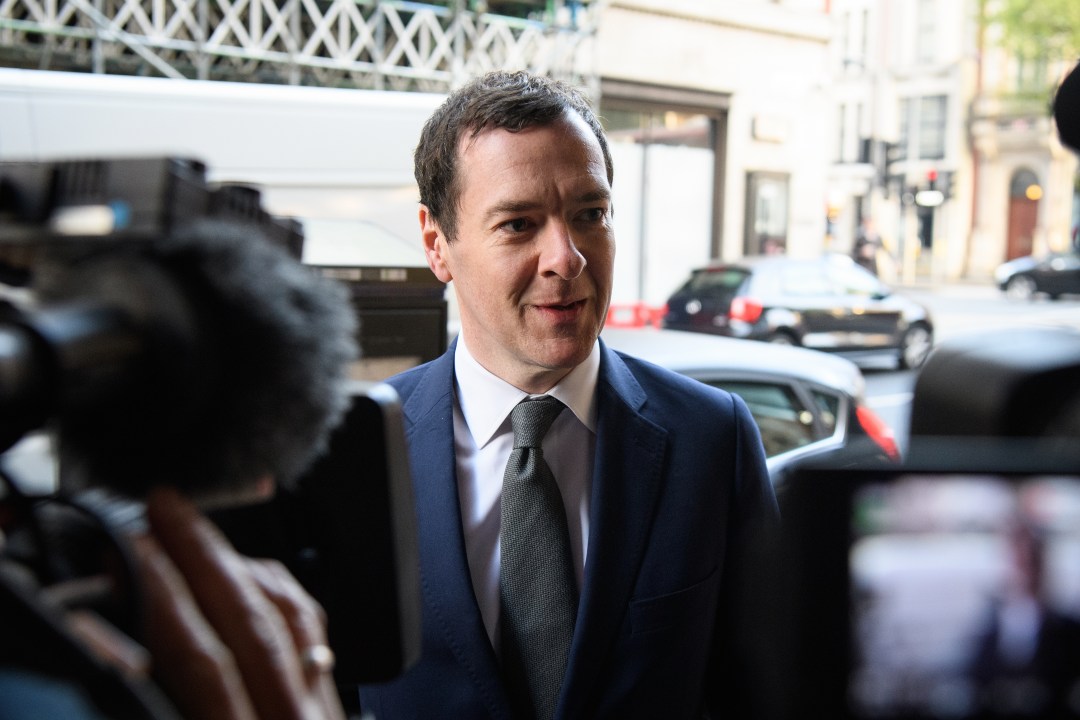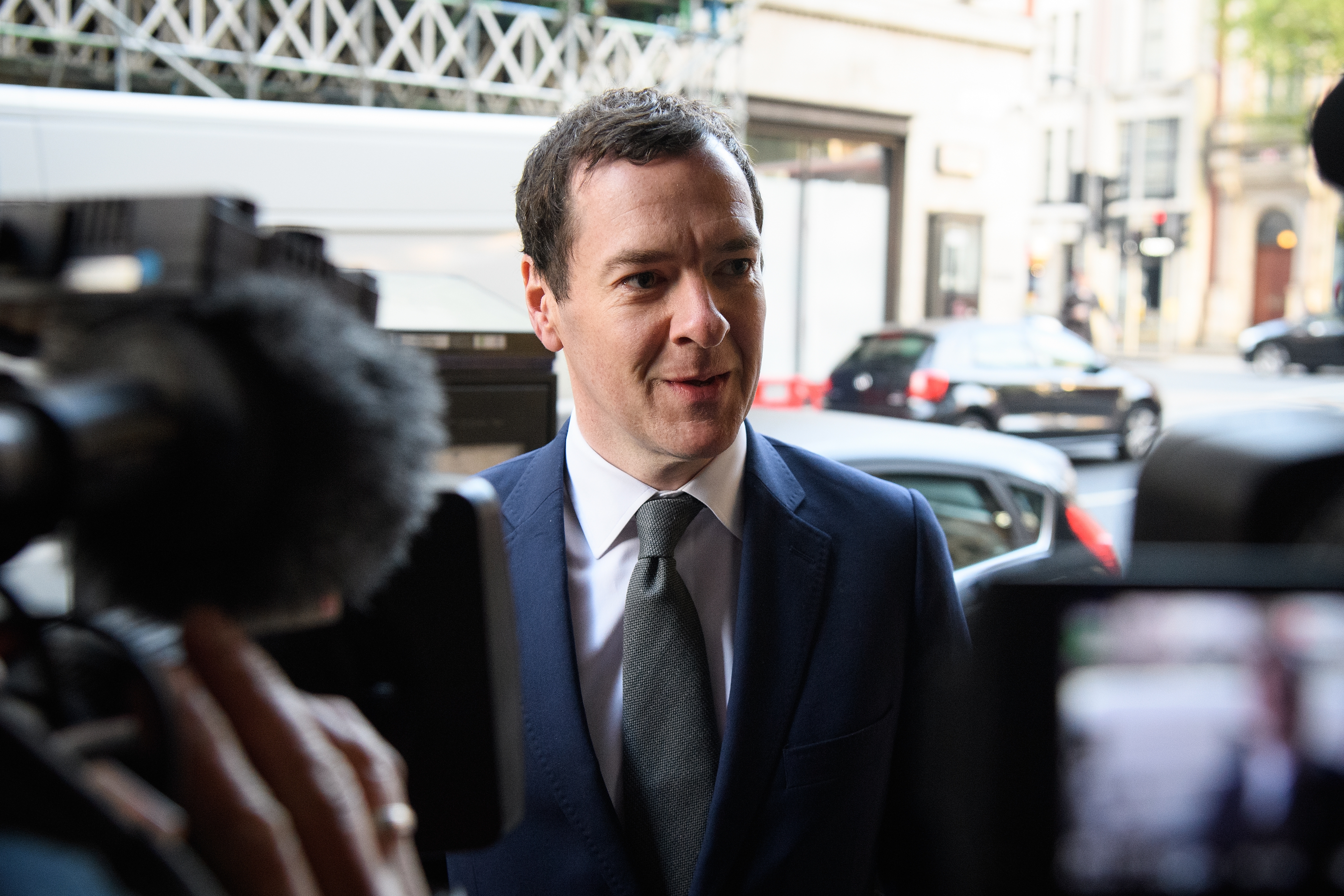Last week Rishi Sunak presented his second Budget to the House of Commons. Today, three former Chancellors weighed in. Speaking at an online event hosted by the Institute for Government, Norman Lamont, Alistair Darling and George Osborne joined the Institute’s director Bronwen Maddox to discuss the state of the UK economy, and how their past experiences lead them to reflect on recent events.
There was a surprising amount of consensus from the panel – not on the best way to handle or manage the economy, but about what is politically possible. Fuel duty came up multiple times as an area of policy that doesn’t gel with the government’s stated commitments to a green agenda; yet it was, and continues to be, an area the former Chancellors agreed was off-limits.
It was also acknowledged that Sunak has a mountain to climb in the coming years, with none of the panel seemingly eager to be in his shoes right now.
The issue of tax increases revealed the most obvious divide between the Tory Chancellors
‘He doesn’t yet know what the economy is going to look like over the next five years,’ noted Lord Darling, while Lord Lamont struck a far more sympathetic tone: ‘The dilemma I had was exactly the same as Rishi Sunak: it was how do I give confidence that we’re going to get to grips with the deficit’ without ‘choking off the recovery?’
Of course, the current Chancellor is dealing with bigger extremes: an economy that’s experienced its largest contraction in 300 years and a deficit that reflects war-time spending. And while the economy is forecast to experience some impressive growth over the next two years, the drop expected in 2023 means there are more difficult choices ahead.
‘I personally will be surprised if these tax increases are the last tax increases we’ll see in order to deal with the problem of the current deficit in the short term,’ said Lord Lamont. ‘’My tax increases were still the largest – I think I won’t have that distinction in a few years.’
The issue of tax increases revealed the most obvious divide between the Tory Chancellors. While hesitant to directly criticise Sunak, Osborne doubled down on his defence of the corporation tax cuts that he pushed through, taking the UK rate from 26 per cent down to 19 per cent:
‘The idea that you can raise tax and there would be no consequence…is a mistake. Taxes have consequences…I support Rishi Sunak and what he’s trying to do. Ultimately when I was faced with a similar choice of how to raise money, I preferred the VAT lever to the corporate tax lever….You’ve got to be careful as a country, what signals you’re sending around the world, to a world that certainly doesn’t have much time to look into the UK tax code. If your basic message…(this is) true of very high corporation tax if we ever end up there, you’re just sending a message around the world that Britain’s not a…enterprising or pro-business place, at a very moment when you want to be encouraging that in a recovery.’
Sunak’s rejection of Osborne’s cuts is a debate which will eventually be settled by the evidence; but Osborne’s comments today – though not intended as hostile – draw another distinction between the Conservative party of the last decade, and the one governed by Boris Johnson. With the Prime Minister ruling out tax increases via the big revenue raisers – income tax, National Insurance, and VAT – it was broadly agreed by the panellists (and admitted by Osborne, who speculated Sunak would have preferred other options) that the Chancellor has relatively few options.
Despite differences in political opinions, the political heavyweights on the panel agreed that more revenue needed to be raised, albeit with different perspectives on where and how this should be found. The voice that was missing was one that might question tax rises all together: with emphasis placed on the state of the public finances, rather than prospects for growing the economy.
This is the calculation Sunak has made too: using his Budget to make sure he’s covered if the extremely favourable conditions for borrowing change, even slightly, in the future. The question is whether this consensus will buckle in a few years’ time, when these tax rises are properly felt by the public.







Comments